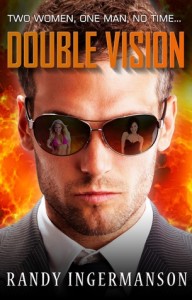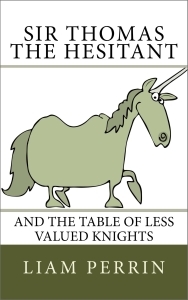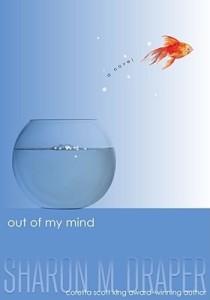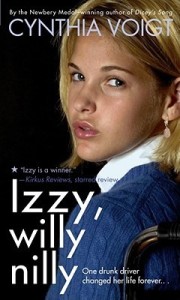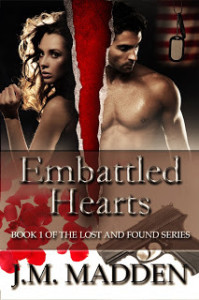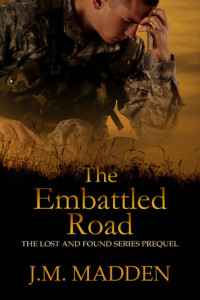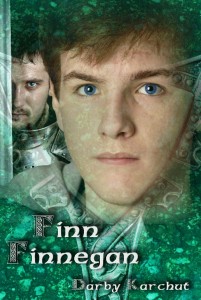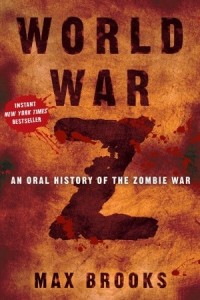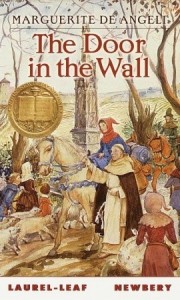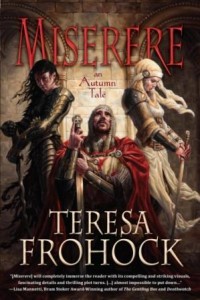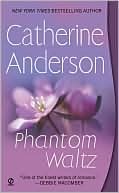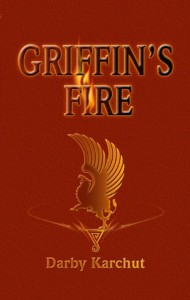 Hazel, the protagonist of John Green's The Fault in Our Stars, has been living with cancer for years. She goes through life knowing that death is just around the corner, stalking her patiently.
I know I usually write about disabilities, but if dying of cancer isn't a disability, I don't know what is. Now, I wouldn't have said my difficulties are anything like those of someone diagnosed with cancer – I'm not dying of anything; aside from the bum legs, I'm pretty healthy – but I found a lot in this book and in Hazel as a character to relate to. Much of the story was wrapped around Hazel's favorite novel, and she talks about how she feels like the author knew exactly what she was feeling, sometimes even before she could find the words to express it. In many ways, that was how I felt about The Fault in Our Stars.
Hazel, the protagonist of John Green's The Fault in Our Stars, has been living with cancer for years. She goes through life knowing that death is just around the corner, stalking her patiently.
I know I usually write about disabilities, but if dying of cancer isn't a disability, I don't know what is. Now, I wouldn't have said my difficulties are anything like those of someone diagnosed with cancer – I'm not dying of anything; aside from the bum legs, I'm pretty healthy – but I found a lot in this book and in Hazel as a character to relate to. Much of the story was wrapped around Hazel's favorite novel, and she talks about how she feels like the author knew exactly what she was feeling, sometimes even before she could find the words to express it. In many ways, that was how I felt about The Fault in Our Stars.
I watch John and Hank Green's videos on youtube and, holy crap, are they awesome. So, I have to admit, I was worried this book would be too smart for me, like the classics everyone else thinks are amazing while I'm sitting alone in the corner wondering what I'm missing (To Kill a Mockingbird and Catcher in the Rye, I'm talking about you. Don't worry, Dracula and Dr. Jekyll and Mr. Hyde, you're fine). But Green's book ended up being my kind of smart. It was about making the best out of crappy circumstances. It was about finding humor where you could, and it was about living with pain. If you've read some of my other posts on living with a disability then you know my philosophy. You know how I try to find things to laugh at, things to take pride in, despite the pain. And Green seems to have hit that nail on it's admittedly narrow head.
And there were plenty of other details that I saw as reflections of my own life. At the Anne Frank house in Amsterdam, Hazel worries about holding up all the other tourists while she hauls her oxygen tank up the stairs. If I had a nickel for every time I've worried about the line forming behind me on stairs, my library would be a lot bigger.
She hates the empty words of encouragement everyone gives her, but when faced with someone else's pain, those same substance-less phrases find their way in her mouth. You'd think it would be easy, but it's horrible how hard it is to share comfort for your own kind of pain.
And Hazel knows what it's like to be asked “are you okay?” when you're obviously not. You say “I'm fine”, because it's simpler than “well, I'm dying of cancer, but besides that, everything's hunky-dory” or “well, I'm supposed to be getting married in three months and suddenly I can't walk down the aisle, but thanks for asking.” I've come far enough that now, when I answer “I'm fine”, I almost always mean it. But there was a time when that question stabbed me like a bread knife (huge and serrated) and all I could do was smile through the pain and hide the blood. And just like Hazel and her idolized author, Green has captured that exact feeling of maintaining two faces, one for yourself and one for the world.
I could keep going in the same vein, but the entire point of this blog is not to bore you, so I'll quit while I'm ahead. So after all that, I would like to say this was not on my favorites list – yes, it's a list, there are too many good books to pick just one favorite. I thought the dialogue was unreal, and not in a “hey man, that concert was totally unreal” kind of way. The main characters were way too grandiloquent and verbose. Existentially fraught basketball shots? Seriously, who talks like that? No one. Especially not teenagers. And let's not forget the protagonist is a dying teenager. A bit too depressing for me. A Nickolas Sparks fan I am not. However, I'm not going to deny that the book affected me. Deeply. (Deny? Good grief, who am I kidding. I just wrote an entire post on it.) My imaginary hat is off to John Green for the amazing and almost creepy, stalkerish way he's put my feelings on paper. So long as his other protagonists don't sound like pretentious Harvard professors, I'll definitely be checking out some of his other works.
So, random question: how many books do y'all think are on my favorites list? The person who guesses closest gets a prize: their choice of an excerpt from Cinderella, Robin Hood, or the brand new (translation: unedited) Beauty and the Beast. And for the cheaters out there, the list on my goodreads isn't complete, so tough luck.
 Tru Confessions by Janet Tashjian
When I read a really short book, I don’t feel like I’ve gotten to know the characters well enough to review them. That happened with Tru Confessions. I only spent about an hour and a half of my life with Tru, so I didn’t connect with her the same way I would have with a character I’d spent a week with. But I’m going to try to talk about her anyway, because she’s pretty cool and deserves a special look.
Tru Confessions by Janet Tashjian
When I read a really short book, I don’t feel like I’ve gotten to know the characters well enough to review them. That happened with Tru Confessions. I only spent about an hour and a half of my life with Tru, so I didn’t connect with her the same way I would have with a character I’d spent a week with. But I’m going to try to talk about her anyway, because she’s pretty cool and deserves a special look.


